
EV manufacturing is key to India’s EV future, reducing imports and boosting self-reliance in the growing sector.
- ⚡ EV Adoption Is Accelerating, But the Foundations Must Be Indian
- 🔋 High Dependency on Imports is Undermining India’s EV Potential
- 🧱 Building Atmanirbhar EV Infrastructure: The Bottlenecks
- 🔍 Battery Alone Accounts for Up to 50% of EV Cost
- 🧩 A Call to Action: Localisation is Not a Choice, It’s a Necessity
- 🌍 Global Competition Is Heating Up—India Must Step Up
- 🇮🇳 The Road Ahead: Make EVs Truly Made-in-India
India EV believes that India stands at a decisive juncture in its electric mobility journey. As we move toward the 2030 Panchamrit goals, the electrification of transport is not just an environmental imperative—it is an economic opportunity of a lifetime. But for this transition to be truly sustainable and globally competitive, India must shift from dependency on imports to a robust, localised EV manufacturing ecosystem.
⚡ EV Adoption Is Accelerating, But the Foundations Must Be Indian
India’s automotive industry—valued at $240 billion and supporting over 30 million jobs—is undergoing a tectonic shift. With India already among the top global producers of two-, three-, and four-wheelers, EV adoption is projected to rise to over 40% by 2030, generating revenues exceeding $100 billion. In 2024 alone, EVs accounted for 50% of the auto sector’s deal activity, reflecting their growing dominance.
But here’s the paradox—most of the key EV components that power this growth are still imported.
🔋 High Dependency on Imports is Undermining India’s EV Potential
While policies like the PLI scheme and state-level incentives have catalysed momentum, India still heavily relies on imports for critical components—batteries, traction motors, integrated chips, power electronics, and advanced PCBs—primarily from China, Japan, and South Korea.
This dependency not only raises the cost of EVs but also leaves India vulnerable to global supply chain shocks, undermining long-term resilience.
🧱 Building Atmanirbhar EV Infrastructure: The Bottlenecks
- Critical Mineral Shortage: India currently does not mine or refine key minerals like lithium, nickel, and cobalt—essential for battery and semiconductor manufacturing.
- Lack of EV-grade Materials: From high-purity steel to thermoplastics, most EV-grade materials are underproduced domestically.
- Limited EV Component Manufacturing: India imports most traction motors, battery management systems, and power electronics, despite assembling battery packs domestically.
- Imported Machinery & Testing Costs: High R&D and imported manufacturing equipment inflate costs, discouraging domestic players from innovating or scaling.
- Charging Infrastructure & Talent Gaps: Without a standardised charging ecosystem and skilled talent in electronics and system integration, India’s EV landscape remains fragmented.
🔍 Battery Alone Accounts for Up to 50% of EV Cost
With battery systems making up 35–50% of the EV’s total cost and EV-specific components (battery, powertrain, electronics) contributing up to 80%, it’s clear that unless India localises these segments, EVs will remain costly and globally uncompetitive.
🧩 A Call to Action: Localisation is Not a Choice, It’s a Necessity
India EV firmly believes that India cannot afford to be just an assembler in the EV value chain. We must be a manufacturer, innovator, and exporter.
🔹 Strengthen domestic mining & refining of critical minerals through global partnerships
🔹 Invest in EV-focused R&D, testing facilities, and semiconductor innovation hubs
🔹 Standardise charging protocols to unify infrastructure
🔹 Develop a national skilling mission to build a future-ready workforce
🔹 Expand incentives for component manufacturers and MSMEs to foster local supply chains
🔹 Collaborate with OEMs to scale up local production with technology transfer
🌍 Global Competition Is Heating Up—India Must Step Up
In an era where countries are racing to secure critical minerals and dominate clean mobility, India’s strategic autonomy in EVs is non-negotiable. While the U.S. and EU secure raw material pacts and domesticise chipmaking, China continues to control over 60% of global lithium, nickel, and cobalt refining.
India’s reliance on these external value chains is a national vulnerability.
🇮🇳 The Road Ahead: Make EVs Truly Made-in-India
India EV, we reiterate our commitment to catalysing a truly indigenous EV ecosystem—built on Indian resources, powered by Indian innovation, and engineered by Indian hands. Localisation is no longer just a policy goal—it is the bedrock of India’s leadership in global clean mobility.It’s time to turn the EV revolution into a Make-in-India movement.



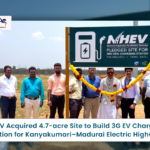
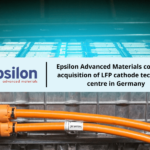
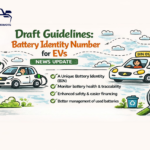
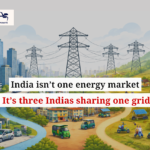
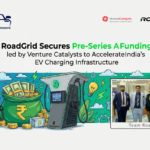
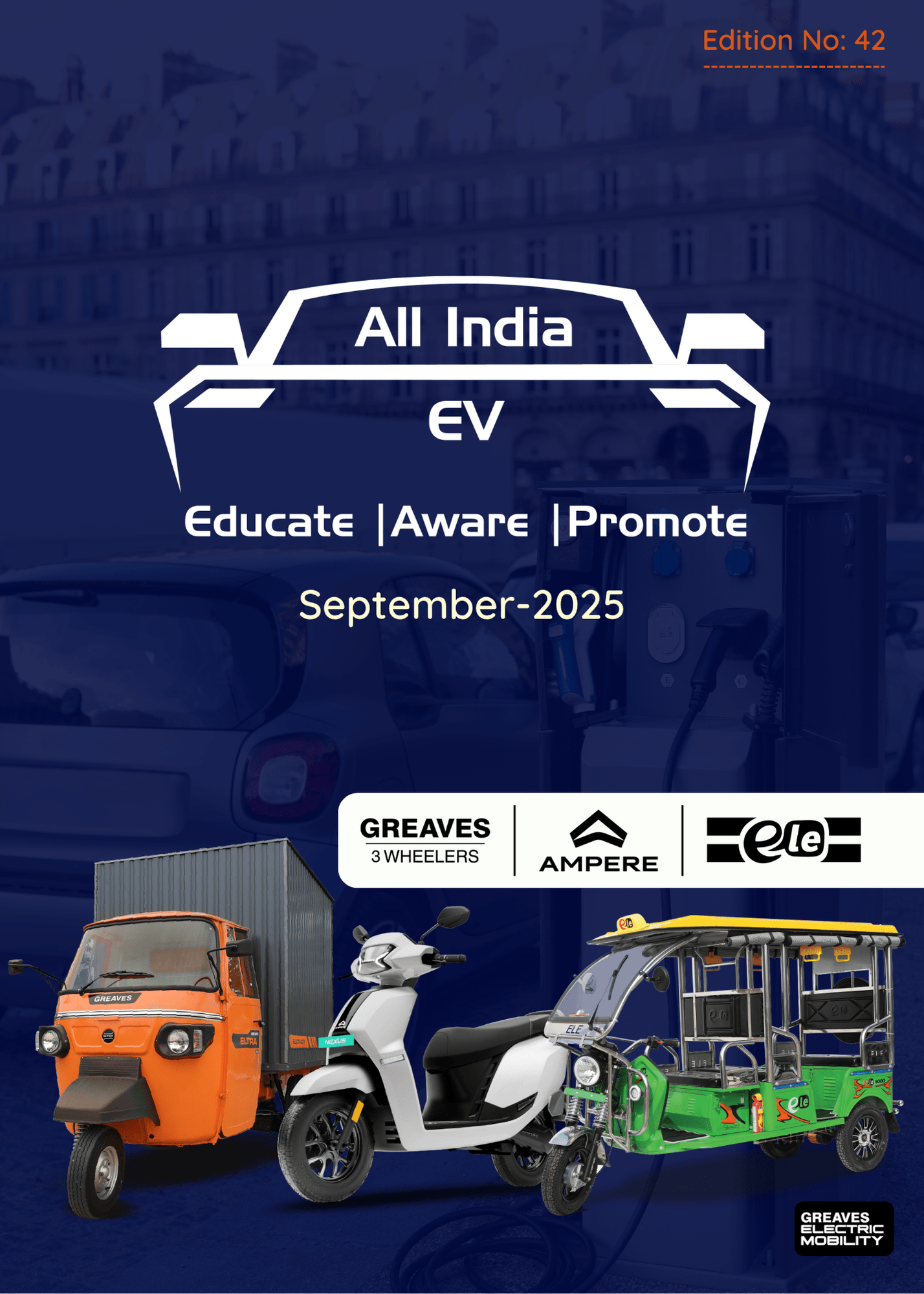


This is the kind of energy we love! India can’t just drive EVs—we have to make them too! At Nikol EV, we’re all about Make in India, from chargers to change-makers, Here we’re building the charging network that makes this transition smoother. Excited to support a smarter, greener India.
Checkout our website here- http://www.nikolev.in
Contact- 9325859884